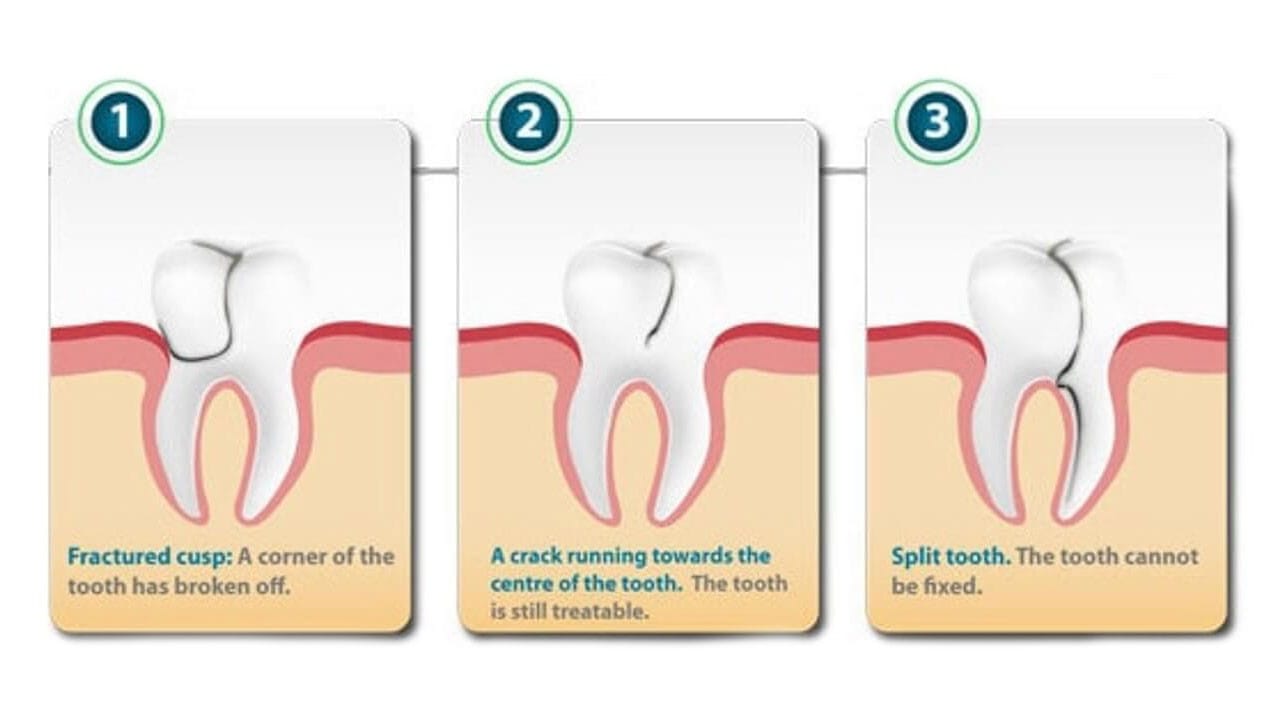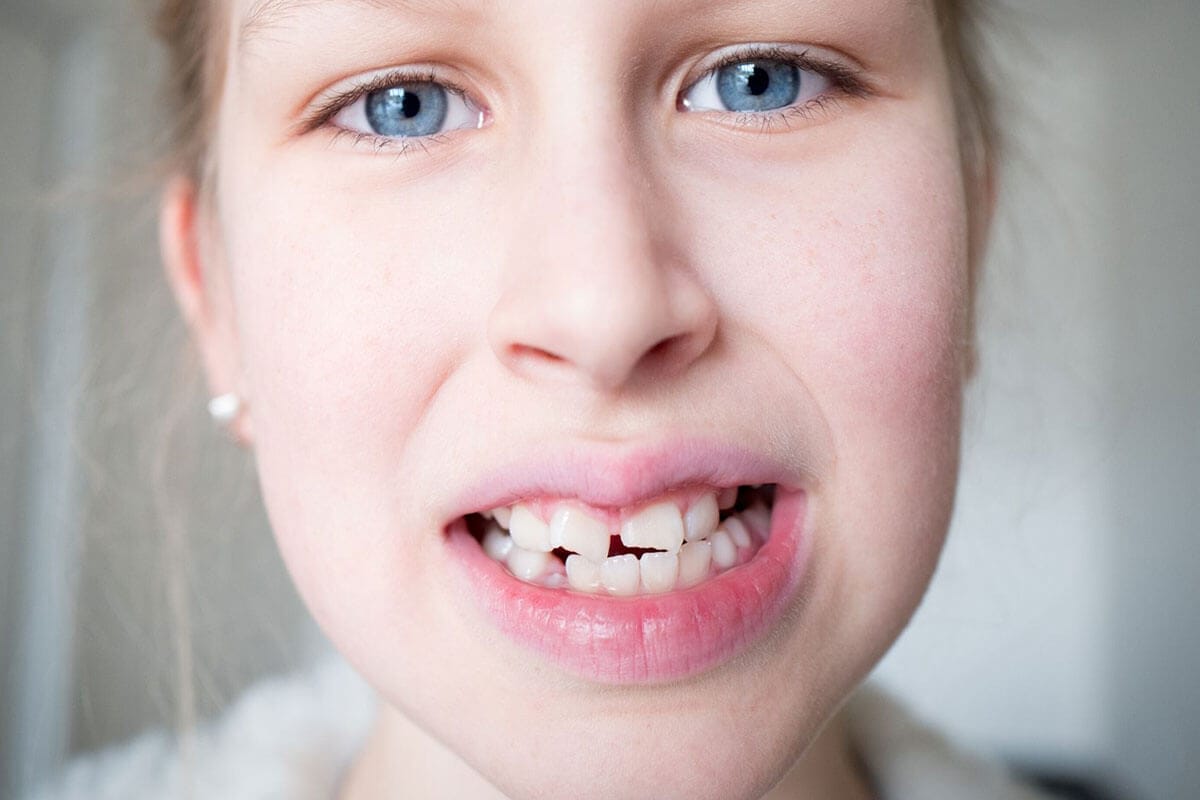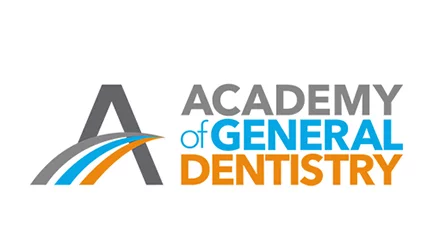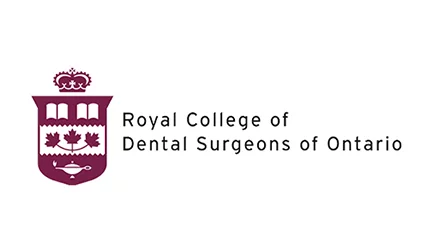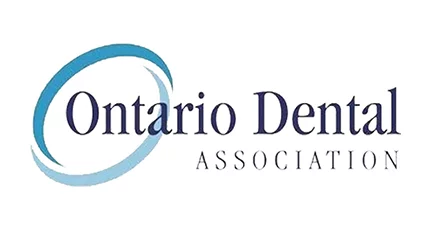HOW TO FIX CHIPPED TOOTH?
Taking care of your teeth is essential for your overall well-being. While brushing and flossing are important, certain accidents or dental problems can still cause cracked or chipped tooth. Ignoring this issue can lead to serious consequences, even resulting in tooth loss. So, addressing the problem in the first instance is crucial to maintaining optimal oral health.
If you find yourself caught in such a situation, it’s important to know what to do. Continue reading to learn about how you can protect the natural structure and form of a chipped or cracked tooth and restore its abilities.
IS CHIPPED TOOTH PAINFUL?
Fortunately, chipped teeth usually do not cause much pain unless the chip is deep enough to penetrate the sensitive inner layer of the tooth. People are most likely to experience only minor sensitivity.
However, if the crack is intense and reaches into the innermost layer of the tooth. It can cause considerable discomfort, especially during the consumption of hot or cold beverages and food. In such instances, it is advisable to seek dental assistance promptly to avoid further complications.
POTENTIAL CAUSES OF CRACKED OR CHIPPED TOOTH:
To keep your teeth healthy and prevent the risk of fractures, it’s important to be mindful of certain factors:
- Cavities, if left untreated, can weaken the teeth and make them more prone to chipping.
- Biting down on hard objects like ice cubes, hard candy, or bones can also cause damage. Trauma to the face or mouth due to sports or accidents may also become a reason for a chipped tooth.
- Poor oral hygiene can also exacerbate this problem, especially if your tooth enamel is already damaged.
- Excessive teeth grinding, also known as bruxism, might also result in a chipped tooth.
By being aware of these risks and taking proper care of your teeth, you can undoubtedly prevent the occurrence of a chipped tooth.
WHAT ACTIONS SHOULD YOU TAKE IF YOU’VE GOT A CHIPPED OR CRACKED TOOTH?
In case you chip or fracture your tooth due to an injury or any kind of dental trauma, it is essential to rinse your mouth with warm water immediately. It will ensure the damaged area is thoroughly clean. If there is any bleeding, apply pressure to the impacted tooth and place a cold compress on the affected site. It will also help to reduce any swelling. Meanwhile, make an appointment with your dentist to receive the appropriate course of treatment for your condition.
In case you are unable to visit a dental professional on the same day that your tooth gets chipped, it is advisable to use dental cement to cover the affected area. You can easily find this product at most drugstores, and it will help safeguard your tooth until you can schedule an appointment with your dentist.
1. SMALL CHIP:
If the crack or chip in your teeth is very minute, it is not a matter of huge concern. In such cases, dental professionals simply smooth and polish such teeth without suggesting any kind of additional treatment.
2. MEDIUM CHIP:
In case the crack has damaged the tooth enamel, a dental professional may opt to apply a filling, crown, or cap to restore the tooth’s appearance and function. Such dental treatments also provide protection to the inner layers of the tooth from potential irritation and infection.
3. LARGE CHIP:
If you have got a deep crack on your tooth that has led to the exposure of the nerve, it is highly likely that you will require a root canal procedure. After that, your dentist may install a crown or cap to replace the portion of the chipped tooth. This is because a chipped tooth can result in significant discomfort and pain and may even lead to further dental complications if left untreated.
AFTER CARE:
After getting your chipped tooth fixed, it is crucial to prioritize your oral care routine to ensure optimal healing and long-term dental health. Maintaining a regular tooth brushing schedule and daily flossing regimen can certainly help you achieve this.
By strictly adhering to these habits, you can prevent further damage and promote the longevity of your teeth and gums. So, make sure to take care of your oral health and keep your smile shining bright for years to come.
WRAPPING UP:
Dealing with a broken or chipped tooth can be a real pain. Fortunately, many chips and cracks are not too serious and may only require minimal treatment. However, it’s always best to visit a dentist to ensure your teeth and overall health are properly protected. In the meantime, you should take steps to protect your mouth from any sharp edges. Also, try to keep it clean and reduce swelling by applying a cold compress.
In case your tooth gets knocked out, it’s important to seek dental attention within half an hour. Similarly, if you’re encountering severe pain or bleeding, it’s crucial to see a dentist as soon as possible.


